Unlock 4.0: Govt announces SOPs for partial reopening of schools for students of classes 9-12 from Sept 21
Tue 08 Sep 2020, 23:53:33
(1).jpg)
In the backdrop of the ongoing 'Unlock 4', partial resumption of activities in schools for students of classes 9-12 will be allowed from 21 September, the union health ministry on Tuesday. Guidelines related to coronavirus have also been issued to ensure smooth school operations.
“Students of class 9th to 12th shall be permitted to visit their school on voluntary basis for taking guidance from their teachers. This will be subject to written consent of their parents/guardians. Such visits and teacher – student interaction must be organized in a staggered manner," state the standard operation procedures (SOPs) issued by the health ministry.
. Government of India is following a phase-wise unlocking of activities. In days to come, this would also involve partial resumption of activities in schools for students of Classes 9th to 12th on a voluntary basis, for taking guidance from their teachers, Health Minister Harsh Vardhan said.
. This would be allowed from 21st September 2020.
The precautionary measures include teachers, employees and students ensuring physical distancing of at least six feet, use of face covers, frequent hand-washing, following respiratory etiquette, self-monitoring of health, and not spitting.
. Schools have been asked to specifically ensure that online or distance learning should continue to be permitted and encouraged and that students of Classes 9 to 12 should be permitted to visit their school on a voluntary basis for taking guidance from their teachers.
. This will be subject to written consent of their parents or guardians. Such visits and teacher-student interaction must be organised in a staggered manner.
Only the schools outside the containment zones will be allowed to open. Further, students, teachers and employees living in containment zones will not be allowed to attend. Students, teachers and employees will also be advised not to visit areas falling within containment zones.
. Prior to resumption of activities, all work areas intended for teaching or demonstrations etc, including laboratories, other common utility areas shall be sanitised with one per cent sodium hypochlorite solution,
with particular attention to frequently-touched surfaces.
with particular attention to frequently-touched surfaces.
. Schools that were used as quarantine centres will be properly sanitised and deep cleaned before partial functioning is resumed. The teaching and non-teaching employees concerned, up to 50 per cent of the strength, may be called to schools for online teaching or tele-counselling and related work.
. Instead of biometric attendance, alternate arrangements for contactless attendance shall be made by the school administration.
. At all times, the teachers and students shall maintain a physical distancing of six feet apart, wherever feasible.
. For ensuring queue management, inside and outside the premises, specific markings on the floor with a gap of six feet should be made. Similarly, physical distancing shall also be maintained in staff rooms, and office areas.
. Weather permitting, outdoor spaces may be utilised for conducting teacher-student interactions, keeping in view the safety and security of students and physical distancing protocols.
. Assemblies, sports and events that can lead to overcrowding are strictly prohibited. The school should display state helpline numbers and also numbers of local health authorities to teachers, students, employees to contact in case of any emergency.
. For air-conditioning or ventilation, the guidelines of thee CPWD shall be followed, providing that the temperature setting of all air conditioning devices should be in the range of 24-30 degree Celsius, relative humidity should be in the range of 40-70 per cent, intake of fresh air should be as much as possible and cross-ventilation should be adequate.
Lockers of students will remain in use, as long as physical distancing and regular disinfection is maintained.
. Gymnasiums shall follow the ministry's guidelines, while swimming pools shall remain closed.
. Similarly, SOPs have also been issued for skill or entrepreneurship training institutions, higher educational institutions conducting doctoral courses and post graduate studies in technical and professional programmes requiring laboratory and experimental work.
No Comments For This Post, Be first to write a Comment.
Most viewed from Edu and Jobs
AIMIM News
Latest Urdu News
Most Viewed
May 26, 2020
Is it right to exclude Bangladesh from the T20 World Cup?
Latest Videos View All
Like Us
Home
About Us
Advertise With Us
All Polls
Epaper Archives
Privacy Policy
Contact Us
Download Etemaad App
© 2026 Etemaad Daily News, All Rights Reserved.

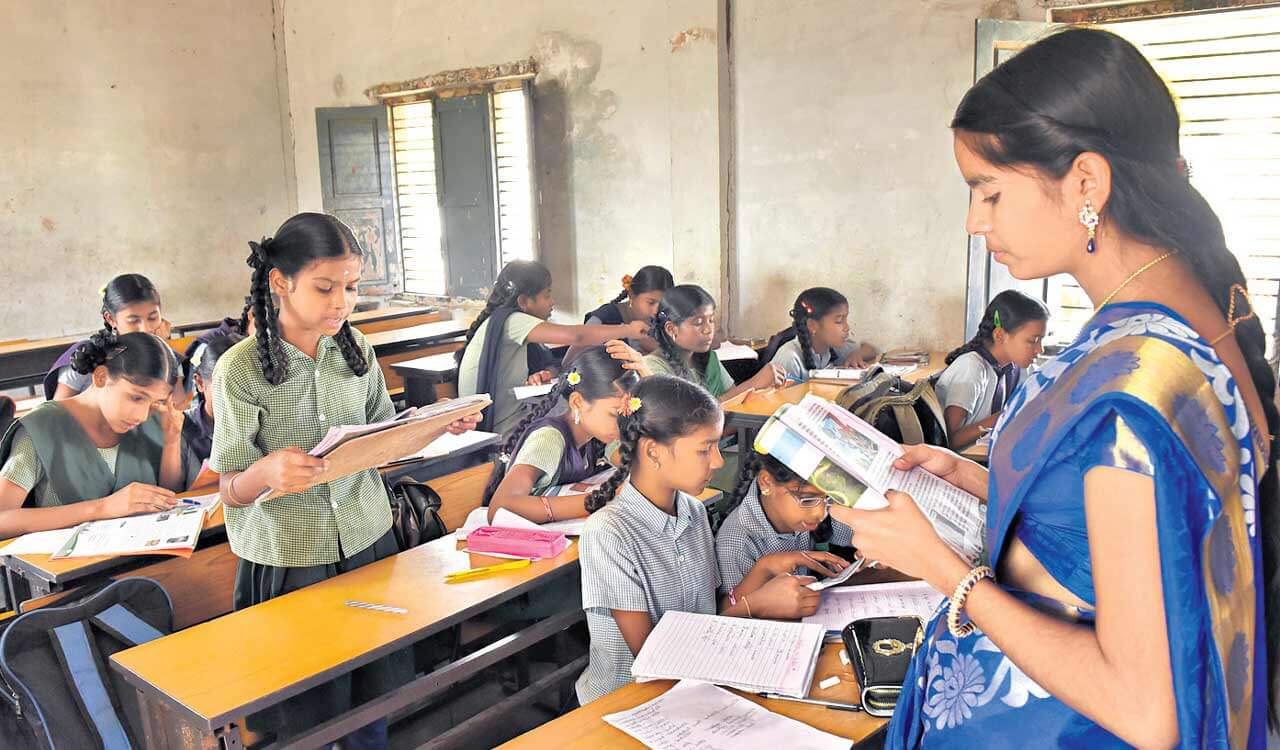
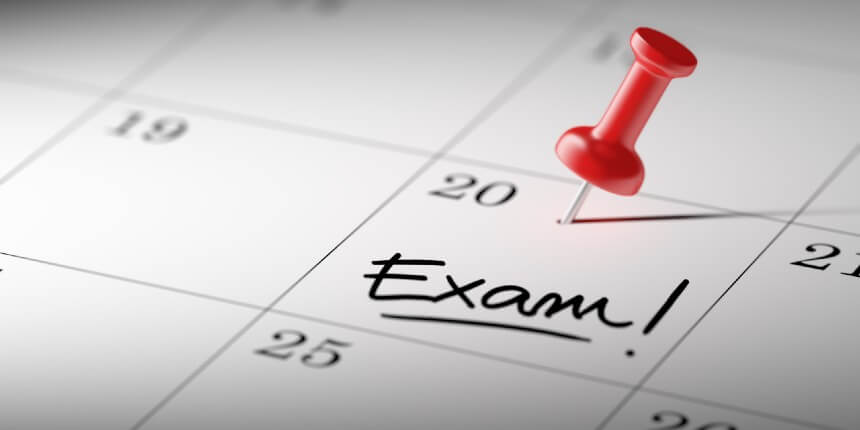
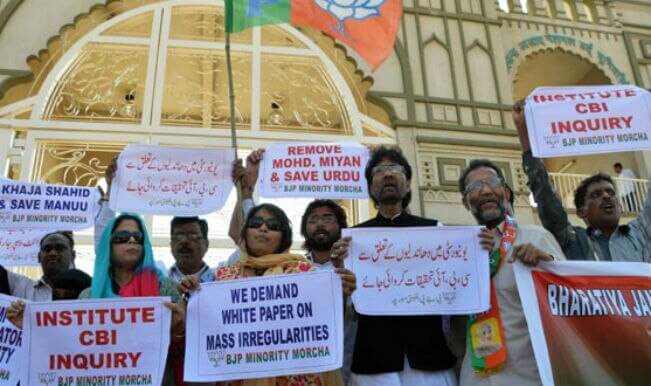




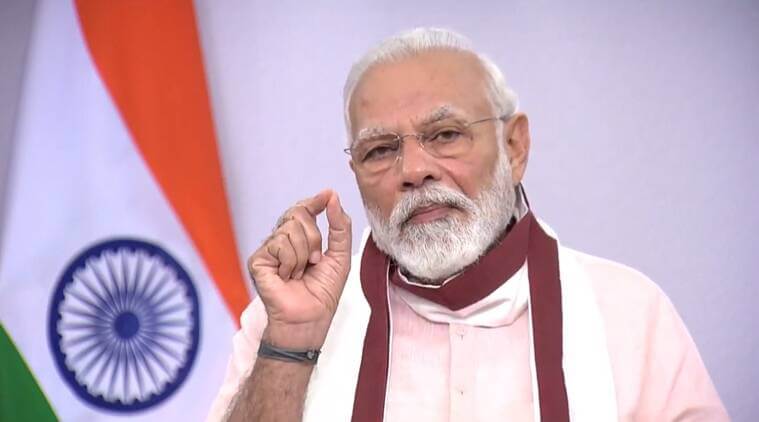
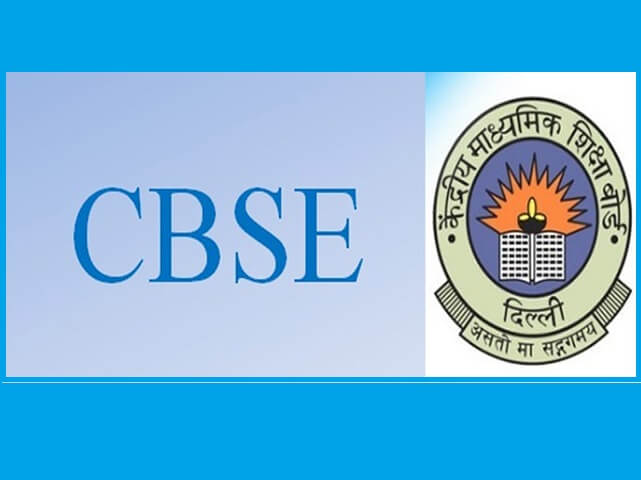
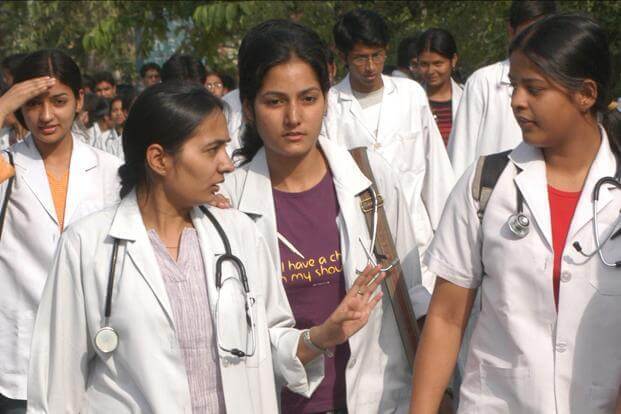
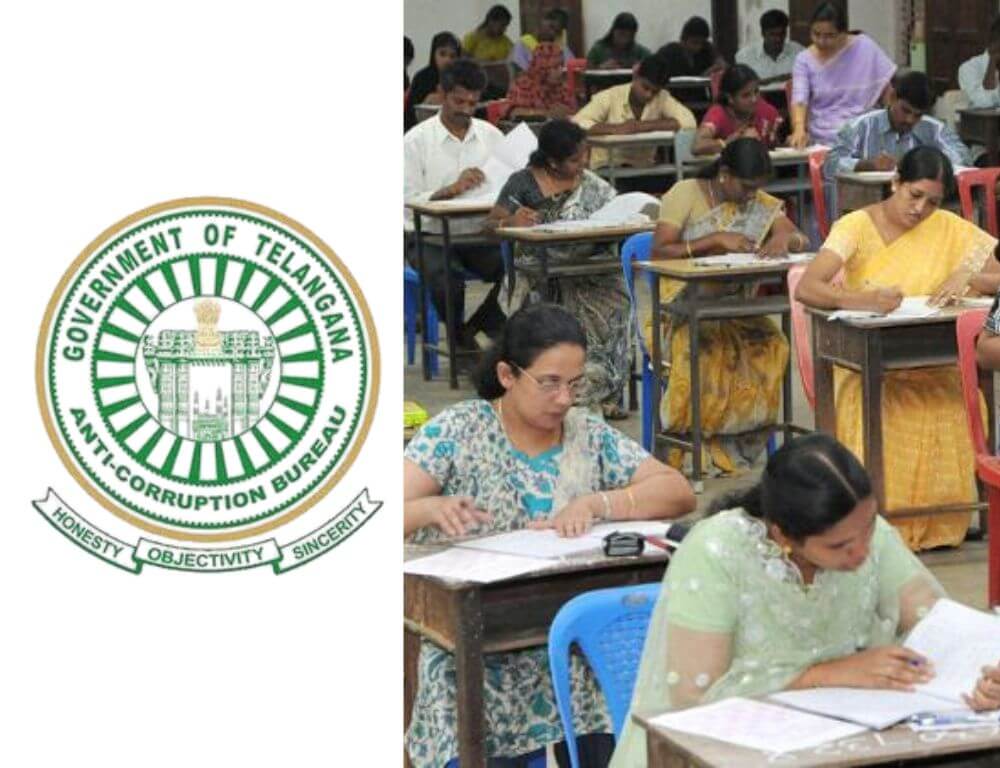
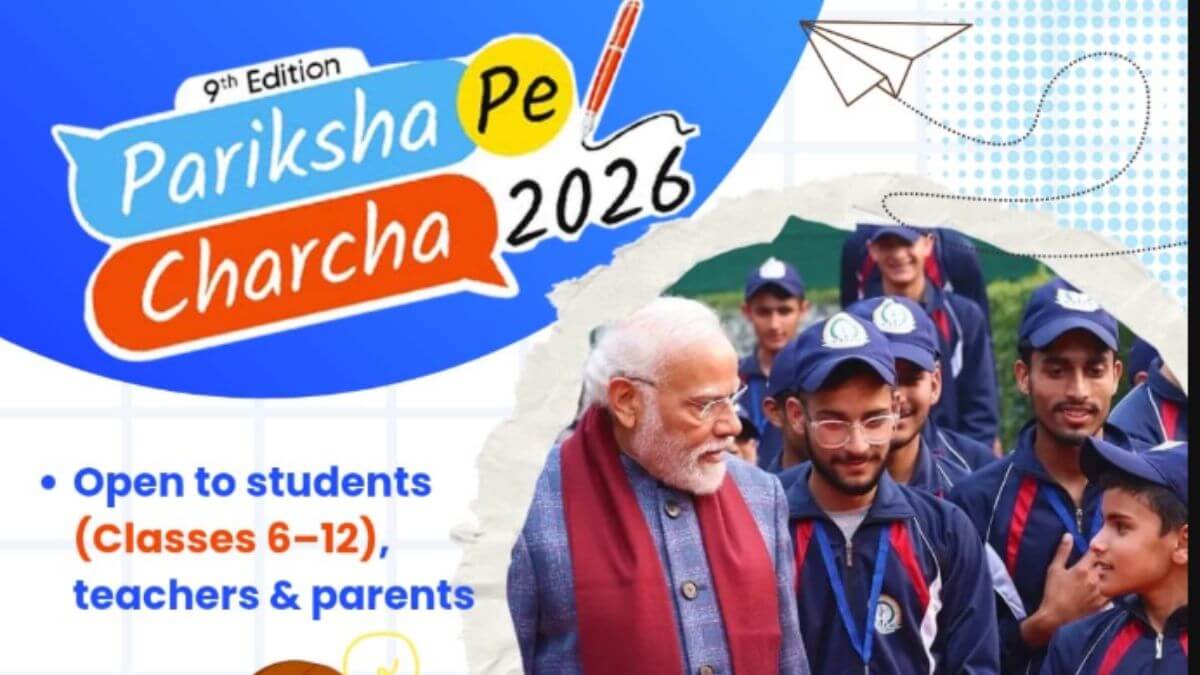

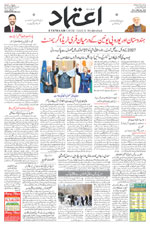










.jpg)
.jpg)
.jpg)


